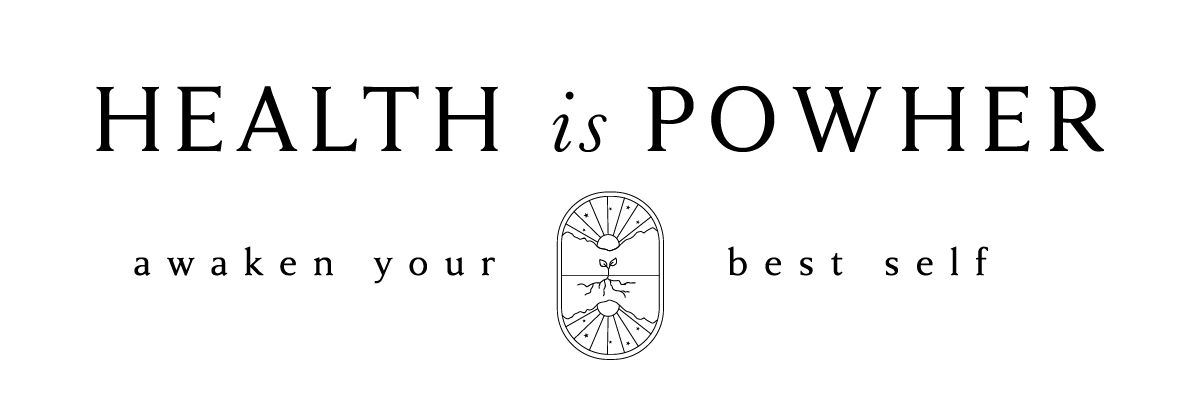How to Get Better Sleep for More Energy and Decreased Pain: Part 2
How To Get Better Sleep To Cure Pain & Increase Energy? So we left off from episode #20 where we discussed how sleep can worsen pain and vice versa, as well as the importance of sleep to ward off and prevent pain. We talked about how sleep and stress are the #1 triggers of pain. But what I may have failed to mention is that stress may be the #1 trigger of sleepless nights! That’s why it’s so important to focus on stress, anxiety, and our mental health in order to achieve the deep and healthy sleep we need to stay healthy.
I also talked about several dietary issues (including reflux, gluten sensitivity/celiac disease, eating too close to bedtime), as well as several supplements including melatonin and vitamin D, as well as nutrient deficiencies such as iron that can deplete our dopamine causing restless sleep or even restless leg syndrome.
Today, we’re going to discuss some more supplements that are in many of the sleep formulations you see on your natural food store shelf or an online vitamin store. So lets dive into how to get better sleep to cure pain & increase energy
Valerian:
Valerian has been found in one systematic review to be subjectively beneficial according to the individuals taking it during the study to improve sleep parameters! Valerian comes in tea bags, capsules or even tinctures. My father used to make it when i had stomach aches or menstrual cramps as a kid and teenager, and what is pretty weird about valerian is that it smells like stinky dirty socks or something weirder. Typically it’s safe and has a sedative and muscle relaxant effect, but you have to make sure the manufacturer has good practices as there have been some cases of hepatotoxicity (does that mean there was possible contaminants causing it or was it a part of valerian itself that caused that )
Lemon Balm:
Lemon balm or melissa officinalis (official latin name that you’ll find on some supplements) has been helpful for anxiety and stress that can possibly help sleep disturbance if it’s caused by anxiety or stress. A recent robust trial showed that individuals with angina/cardiovascular disease who took 3 grams of melissa officinalis daily showed decreased anxiety and stress and sleep disturbance. 3 grams is a relatively high dose, and usually supplements contain about 300 mg.
Valerian and lemon balm are typically fast acting (most of the dietary supplements are, so more beneficial possibly for difficulty falling asleep instead of helping people with many nighttime awakenings)
Okay, so now we get more in to the mind-body therapies
Acupuncture!!!
Acupuncture has been shown to be possibly beneficial for insomnia and is a way better treatment compared to benzodiazepenes in the studies I reviewed.
Usually, you can start off with weekly to twice weekly treatments for 6-8 sessions and then space out to bimonthly to monthly.
There are also some acupressure points (HT3 and HT7 are just a couple of points for you to look up and rub several minutes for 2-3 times a day for several weeks).
Clinical Hypnosis
This therapy is not what most people think -it’s not hypnotism or getting up on a stage and being forced to quack like a duck, or make you fall asleep by looking at a pendulum swing back and forth. That would be cool though.
Clinical Hypnosis is a self-regulation strategy using your own suggestions to facilitate connecting your mind, spirit, and body. Ultimately, cultivating a sense of awareness and positive well-being.
This is likely beneficial for insomnia though evidence is limited, so we’re hoping to have more studies, but we commonly use clinical hypnosis in practice to teach our patients how to calm their nervous system in order to fall asleep. I’ve already done a hypnosis session in episode 14 where we do a hypnosis session for Anne Clark , a HIP team member, for her Raynaud’s.
Aromatherapy!
This is seriously my favorite subject, as a certified aromatherapist. What is so interesting is that aromatherapy has been found in a 12-study meta-analysis to improve SLEEP QUALITY. I use a combination of vetiver, lavender, sweet orange or bergamot, chamomile, and sometimes even cedarwood! I usually make my own nasal inhalers as I don’t have a great diffuser right now, but you can definitely use a diffuser. I’d recommend switching up essential oils every 2-3 weeks for safety issues.
Active Relaxation!
Mindfulness meditation (or likely other relaxation activities including guided imagery, progressive muscle relaxation, autogenic relaxation) showed in a meta-analysis that there are mild improvements in insomnia (a common sleep disorder). Meditation allows us to release the stress from the day, letting our armor, survival, fight or flight physiology go so that we can rest and relax for a healthy sleep cycle including deep, light, and REM (dream) sleep. I go over one meditation technique in Episode 18: The Secret Health Manifest (iTunes, Stitcher, or Spotify) so check that episode out! And in our HIP members club, we’re going to be teaching you how to meditate and stick with it (even for those of you who think they can’t).
Alright that’s it for Part 2, so stay tuned for Part 3. If you have questions about sleep, please find us on Instagram @Health_Is_PowHer! We’d love to hear from you.

